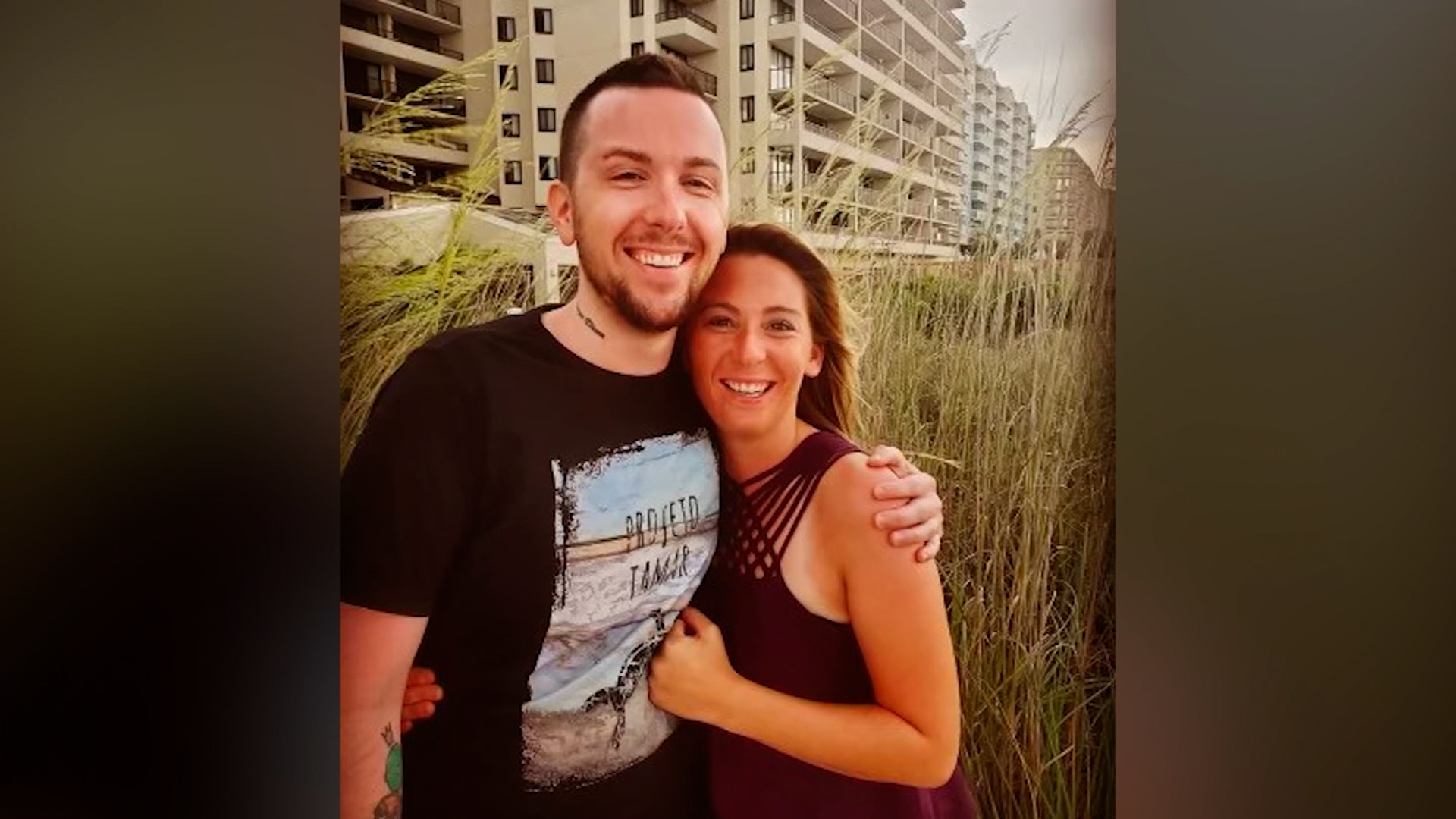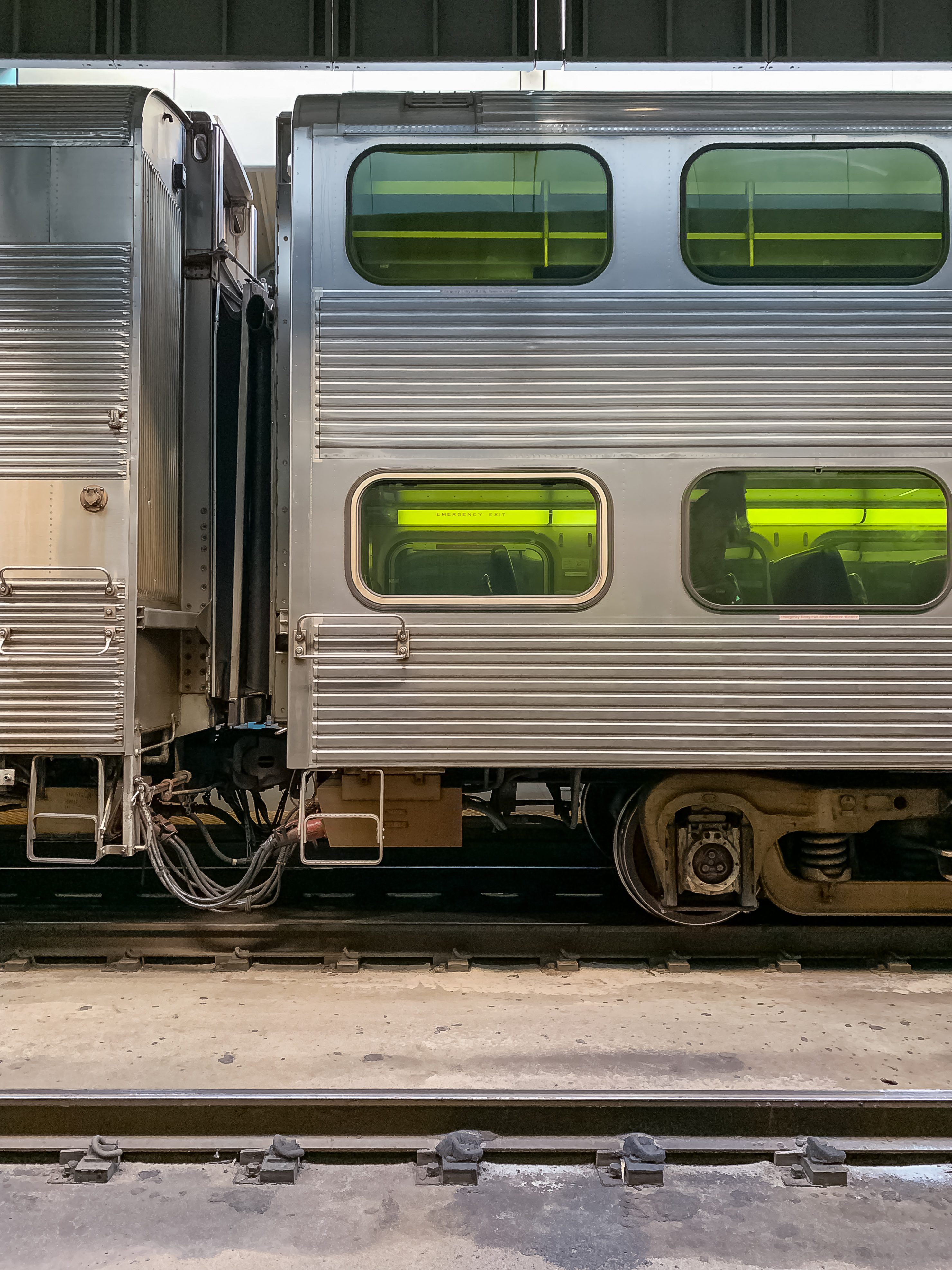The first thing you notice when you walk into Pharmacann's sprawling cannabis cultivation facility in Livingston County, is that it looks like it might have been constructed by the the most talented bio-engineers coming out of college.
That, and the fact that it is filled with growing marijuana.
Yes marijuana, the same plant which has sent hundreds of thousands to prison over the last five decades, now being grown legally, with the blessing of the State of Illinois.
And that takes some getting used to.
"I still think I drive home every day, giddy at what we're doing here," says Kristan Mcguigan, Pharmacann's chief horticulturist. "It's that forbidden flower that we haven't been able to do before."
They are certainly doing it now. At this one facility in downstate Dwight, there are thousands of plants, from 48 different strains of cannabis. And Pharmacann has a second site just like it in Ogle county near DeKalb.
"It's funny, it's something we thought about a lot at the very beginning," says co-founder Teddy Scott. "But we are so busy now, I don't think about it any more. This is the new reality."
Local
As the state launches medical marijuana for the first time, NBC5 was given exclusive access to the Pharmacann facility, one of about a dozen currently in operation across the state.
"This is all brand new--these are things that have not been done before," says Scott. "What you're looking at had to be done in six months from bare ground."
Dwight is hardly a hotbed of drug culture, and the Pharmacann facility neatly blends in with its agrarian neighbors. But at over 40,000 square feet the facility is hard to miss.
Security is tight. Sign in. Surrender a photo ID. And then, you are escorted through locked door after locked door, each secured with keycard entry systems. The entire time we were inside, we were never far from the watchful gaze of a guard who seemed rather unamused at our presence.
And then you see the plants. Thousands of plants.
"The closest equivalent would be something like a tomato," says McGuigan, who had to learn the science of cannabis, having started with a background in bedding plants like geraniums. "Finding credible information out there was something of a challenge for us."
The plants begin in one section of the greenhouse, then, when mature, are transferred to a second, giant room, where light and water are tightly controlled. Every square inch is watched by cameras. The images from each of those cameras must be kept on-site for 90 days, and off-site for 90 days more.
Co-founder John Leja notes that a state inspector faulted them for one area which was not covered by the scores of cameras already installed: it was the inside of a broom closet.
They have a camera there now.
"Our facility has been compared by experts to being on par with the U.S. mint," Leja says. Motioning to the plants behind him, he noted, "Most of our employees will never be in this room."
Those who are allowed to interact with the plants know that they are not only being watched on video, but that the state can tap into those cameras at any time. As plants are pruned, the clippings are secured in a big red box with a lock. And the contents are quickly turned into mulch.
Each plant is bar-coded. That means every phase, from planting, to cultivation, to transport, is tracked, and can be traced back to the source. The state says that guarantees no product will be walking out the back door.
"For the patients, this is an amazing thing," says Scott. "You're opening up, and making available something that, to this point in time, has been unavailable. It's going to be very high quality."
The learning curve is still steep. Only about 3300 patients have signed up so far. But Scott and Leja say they believe that number will increase rapidly, now that the program is formally underway.
"The state estimates there are a hundred thousand patients in Illinois," he says. "Most of them don't even know the program is up and running yet."
"These are patients in need," Leja adds. "There are family members, there are caregivers that want to help their patients. And what they want is, what they need is, access to medicine in a controlled way."



